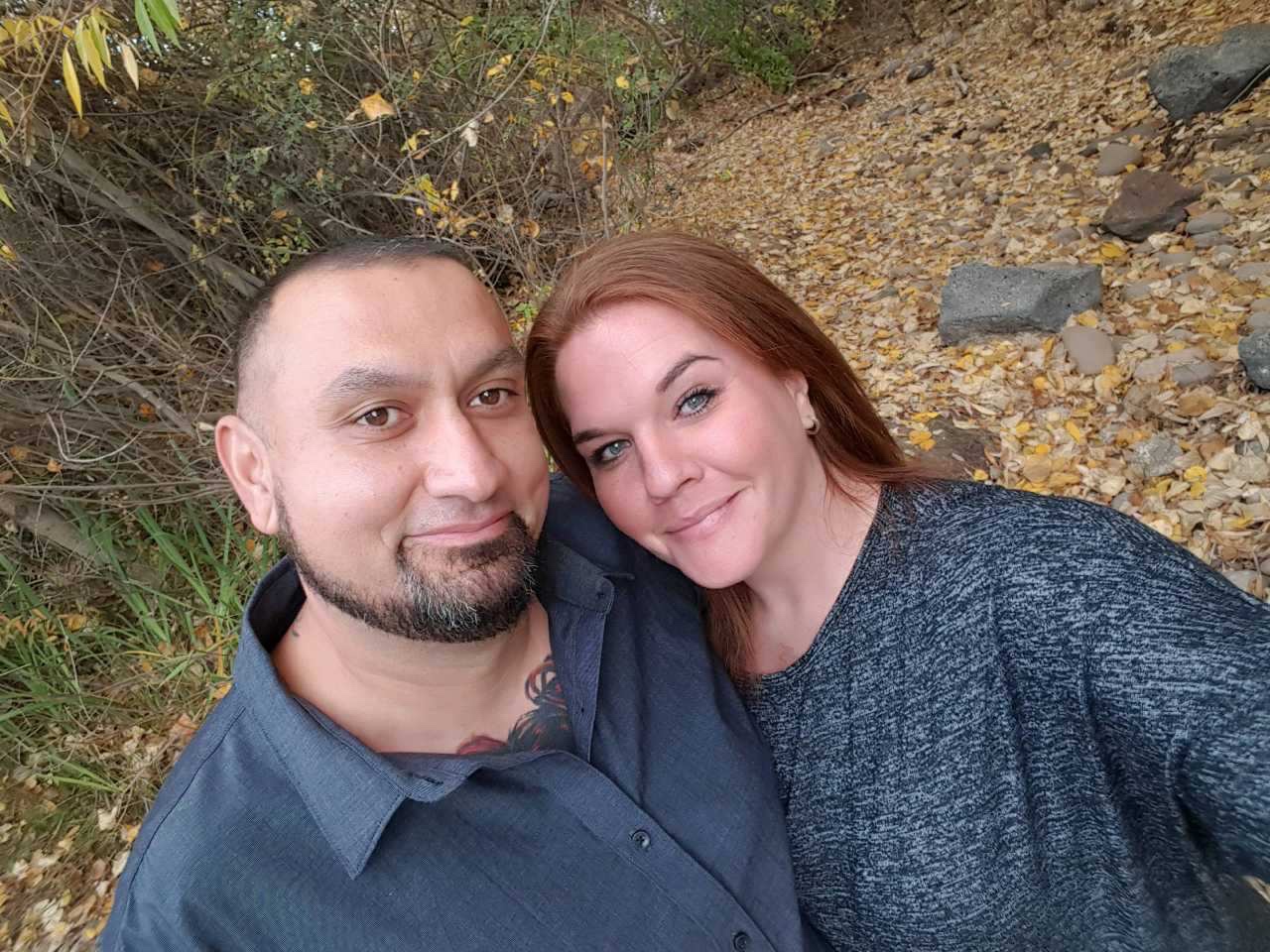Record Interrogations To Prevent Wrongful Convictions In Idaho

Chris Tapp with his wife Stacey.
Chris Tapp was wrongfully imprisoned for 21 years for the 1996 rape and murder of Angie Dodge in Idaho Falls, after the police coerced him to falsely confess to the crimes. Chris, who was only 19 years old, was initially interviewed by police because they mistakenly believed one of his friends may have committed the crime and hoped he had implicated himself to Chris. Without an attorney present, Chris truthfully told the police during his first two interviews that he knew nothing about the crimes himself or from his friend. Then the police turned up the heat. They used deception when they falsely accused him of covering for his friend and threatened him with prosecution as an accessory to murder. The police subjected Chris to a sham polygraph test and two weeks of interrogations to coerce him into falsely confessing to their theory of how the crime was committed. Even after DNA testing excluded Chris and his friend, the police used six more bogus polygraph examinations to force Chris to adopt their evolving theory of the crime.
Thankfully, most of the interrogations and polygraphs were recorded because the videotapes eventually helped lead to Chris’s release from prison. After Chris was convicted, Carol Dodge, Angie’s mother, began to have doubts about his guilt once she reviewed the tapes. She shared the tapes with a false confession expert who concluded that it was clear police had utilized multiple deceptive and coercive tactics to elicit several different false confessions from Chris. They falsely told him that his friend had already placed him at the crime scene and that he could avoid criminal charges if he just cooperated and implicated his friend, they threatened him with the death penalty, and they told him that he couldn’t remember committing the crime because he had repressed the memories but that the polygraph machine was a truth machine capable of retrieving those memories and it showed that his denials were all lies.
Chris was eventually proven innocent after DNA testing led to the identification of the real perpetrator who voluntarily confessed and pled guilty to the rape and murder. He said that he did not know Chris at all. Chris’s ordeal stands as a reminder of the value of recording all interrogations to secure an indisputable record of what transpired in the interrogation room.
This year, we’re advocating for a law to require all Idaho police agencies to record interrogations. Sign up here to support protecting the innocent from wrongful conviction in Idaho.
This campaign is in partnership with the Idaho Innocence Project.